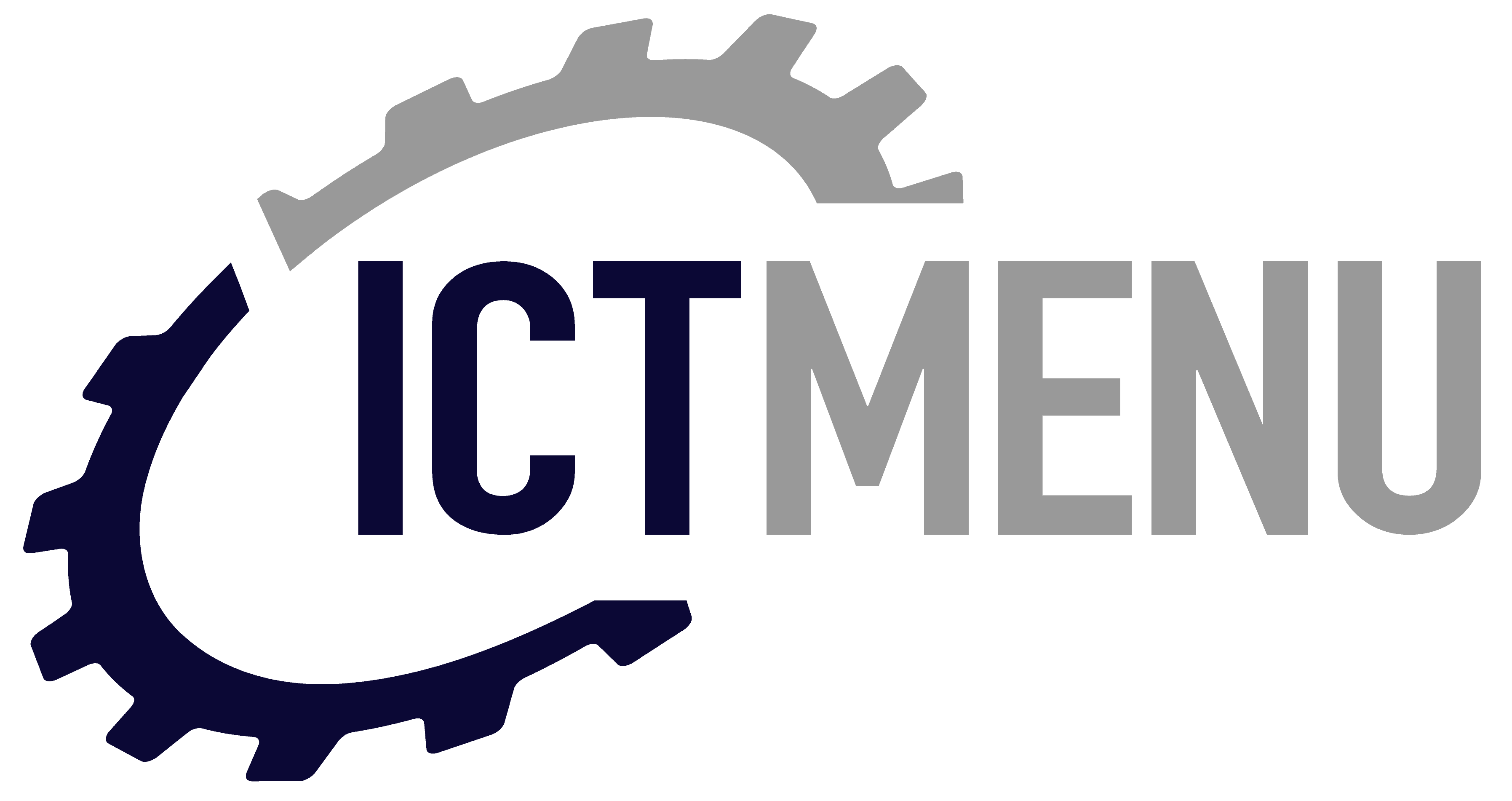Bitwarden (Self-hosted) offers a robust solution for managing passwords securely. By hosting Bitwarden on your own servers, you gain complete control over your data and maximize protection against breaches. This guide explores the benefits and steps to efficiently self-host Bitwarden, delving into its seamless integration, scalability, and enhanced privacy features. Discover how to leverage Bitwarden for secure, efficient password management and gain actionable insights to implement this powerful tool.
Understanding Bitwarden Self-hosting
Bitwarden (Self-hosted) dazzles as a robust solution in the realm of password management, offering a united front of security and control to organizations and individual users alike. Choosing self-hosting options empowers users with unbridled access to their data, putting it entirely within their domain. By hosting this tool on your preferred infrastructure, one gains efficient control over the platform, allowing for tailor-made security settings that align perfectly with organizational or personal IT policies. This flexibility ensures every detail is catered to, enhancing the overall security posture of your environment.
Moreover, enhanced privacy becomes a natural consequence of managing Bitwarden within your own network. Sensitive credentials remain shielded from external threats, nestled safely under the watchful eye of your internal security layers. This advantage is particularly significant for businesses handling sensitive data, where the stakes for privacy breaches are notably high.
Adaptability is another prime benefit of the Bitwarden self-hosted option. The concept of flexible integration comes alive as you can seamlessly intertwine Bitwarden within your existing digital infrastructure. Whether it involves adapting APIs for unique enterprise needs or customizing interfaces to enhance user experience, Bitwarden offers the versatility required for bespoke requirements.
Understanding and implementing self-hosted Bitwarden paves the way for an exceptional level of security management. It stands as a springboard, leading into the next chapter, where we’ll delve into the procedures for ‘Setting Up Your Bitwarden Server,’ ensuring you’re well-equipped to harness its full potential.
Setting Up Your Bitwarden Server
Bitwarden (Self-hosted) presents an exceptional opportunity for users seeking complete control over their password management by hosting it on their own server. Transitioning from an understanding of Bitwarden self-hosting, the next logical step involves setting up your Bitwarden server, an essential process for ensuring it runs efficiently and securely. Start by selecting a reliable hosting solution that matches your specific needs, whether it’s a dedicated server or a cloud-based platform; a sound choice can significantly enhance performance.
To proceed with hosting Bitwarden, it’s crucial to install necessary components, including a secure server environment, a robust database to store your encrypted credentials, and an SSL certificate to safeguard data transmissions. These requirements form the backbone of your server’s security architecture, ensuring data integrity and protection against unauthorized access.
Once you’ve established the essential infrastructure, configure your Bitwarden settings to enjoy enhanced control over your environment. This customization allows you to adjust the system according to your security policies and workflow preferences. Following the configuration, deploy your Bitwarden using Docker, a versatile platform that simplifies container management and deployment processes. Docker’s containerization ensures that your Bitwarden instance is easily scalable, maintainable, and efficient, making it an ideal choice for managing your server environment.
With your Bitwarden server successfully set up, you’re empowered to secure and manage your passwords with confidence. As you delve deeper into optimizing your setup, the next chapter will explore ensuring data security and implementing effective backup strategies to safeguard your valuable information.
Ensuring Data Security and Backups
Bitwarden (Self-hosted) is a powerful solution for those seeking enhanced security and control over their password management. After setting up your Bitwarden server, the next crucial step is ensuring the security and integrity of your data through comprehensive measures. Data security in a self-hosted environment hinges on implementing robust protocols to fortify your setup. One key aspect of this is having a reliable backup system. Regular backups are essential to prevent data loss, safeguarding your sensitive information against potential mishaps or cyber threats. Backing up data can be automated or scheduled regularly to ensure the latest updates are always secure.
Another cornerstone of keeping your data safe is encryption. With Bitwarden (Self-hosted), ensure all stored data is encrypted using advanced algorithms. This encryption is crucial in creating a protective barrier against unauthorized access, thus maintaining confidentiality and integrity. Bitwarden employs end-to-end encryption, meaning only you can access your information using your master password.
Additionally, keeping your systems up to date is vital. Frequent version updates prevent vulnerabilities by keeping you ahead of potential security risks. Regularly updating both your server and the Bitwarden application ensures you’re taking advantage of the latest security enhancements and features, safeguarding your data effectively.
By implementing these strategies, you establish a robust framework that protects your sensitive data and maintains seamless operation. Moving forward, it’s also beneficial to consider aspects of enhancing scalability and performance, ensuring your Bitwarden (Self-hosted) setup grows in tandem with your needs.
Enhancing Scalability and Performance
Bitwarden (Self-hosted) offers an exceptional solution for organizations seeking to enhance their password management capabilities while accommodating growth. As businesses expand, scalability becomes a pivotal concern, and Bitwarden rises to the occasion with its robust architecture, designed to dynamically adapt to increasing demands. This self-hosted option allows you to fine-tune resource allocation, ensuring optimal server performance as your user base grows. By strategically optimizing server resources, you can maintain smooth operations, minimizing latency and enhancing user satisfaction.
To further bolster performance, implementing effective load balancing techniques can distribute incoming traffic evenly across your servers. This not only prevents individual servers from becoming overwhelmed but also ensures uninterrupted access to password data, which is crucial for maintaining organizational efficiency. Bitwarden (Self-hosted) makes it easier to seamlessly scale your infrastructure and handle larger volumes of requests with ease.
Moreover, vigilant monitoring is another key aspect of maintaining a scalable and high-performing system. Proactive monitoring tools help detect potential issues before they impact user experience, allowing for swift remediation. By consistently monitoring system health, organizations can prevent downtime and maintain robust security postures.
With Bitwarden’s scalable architecture, your organization can transcend current limitations, setting the stage for future growth while ensuring data is both secure and readily accessible. This approach not only enhances technical resilience but also instills confidence in users and stakeholders alike.
As we turn our attention toward the next steps, consider how integrating Bitwarden with existing systems can further streamline your digital infrastructure for optimal performance and efficiency.
Integrating Bitwarden with Existing Systems
Bitwarden (Self-hosted) acts as a central pillar of security and efficiency when properly integrated with existing IT systems. Following insights into scalability and performance, a carefully orchestrated integration ensures Bitwarden (Self-hosted) maximizes its utility while seamlessly blending into your organization’s workflow. Leveraging API Access, enterprises can merge Bitwarden capabilities with various applications, enabling secure password storage and retrieval with minimal disruption. By utilizing APIs, apps can connect directly to Bitwarden to interact with stored credentials, streamlining user processes and enhancing productivity.
Moreover, SSO Compatibility plays a crucial role in enhancing user experience and organizational security. Bitwarden’s capacity to integrate with common single sign-on protocols allows users to access multiple systems with one set of credentials, thus simplifying workload and reducing password fatigue. This not only fortifies security by reducing weak password scenarios but also complements existing access control frameworks.
Beyond APIs and SSO, Team Management within Bitwarden (Self-hosted) presents opportunities for strengthening internal controls. With user groups and tailored policies, management can maintain oversight on access levels, ensuring that sensitive information is only available to authorized personnel. By constructing comprehensive group policies, organizations can foster a secured environment that aligns with their specific compliance requirements.
These integrations help transform the way users interact with their digital toolset, leading to more streamlined operations. As we transition into maximizing benefits and usage, understanding how to fully employ and benefit from these integrations will ensure Bitwarden is not just an added tool, but a vital component of your digital infrastructure strategy.
Maximizing Benefits and Usage
Bitwarden (Self-hosted) enables organizations and individuals to maintain complete control over their password management by leveraging its robust set of features. Building upon the integration with existing systems, maximizing the functionalities of Bitwarden can significantly enhance both security and user experience.
- Advanced Features: Exploring premium offerings like the Bitwarden vault health reports or enhanced two-factor authentication options is crucial for comprehensive security. These advanced features provide deeper insights into the security posture of your organization and ensure you’re utilizing the full spectrum of available protection.
- User Training: Investing time in training users across the organization leads to a seamless adoption process. Comprehensive workshops that cover the functionalities of Bitwarden (Self-hosted), including secure password practices and using browser extensions, can empower users to make better security decisions effortlessly.
- Feedback Cycle: Establishing a continuous feedback mechanism is vital for iterative improvement. Encouraging users to report their experiences and challenges with Bitwarden helps create an improvement loop, allowing for timely updates that address user needs effectively.
Unlocking the full potential of Bitwarden (Self-hosted) relies on strategic actions that align with your organization’s security goals. By delving into advanced features, ensuring thorough user education, and maintaining a feedback-oriented approach, you not only optimize password management but also reinforce the adoption of best security practices across the board. This holistic utilization helps sustain security measures long-term, ensuring your digital infrastructure remains robust and secure.

